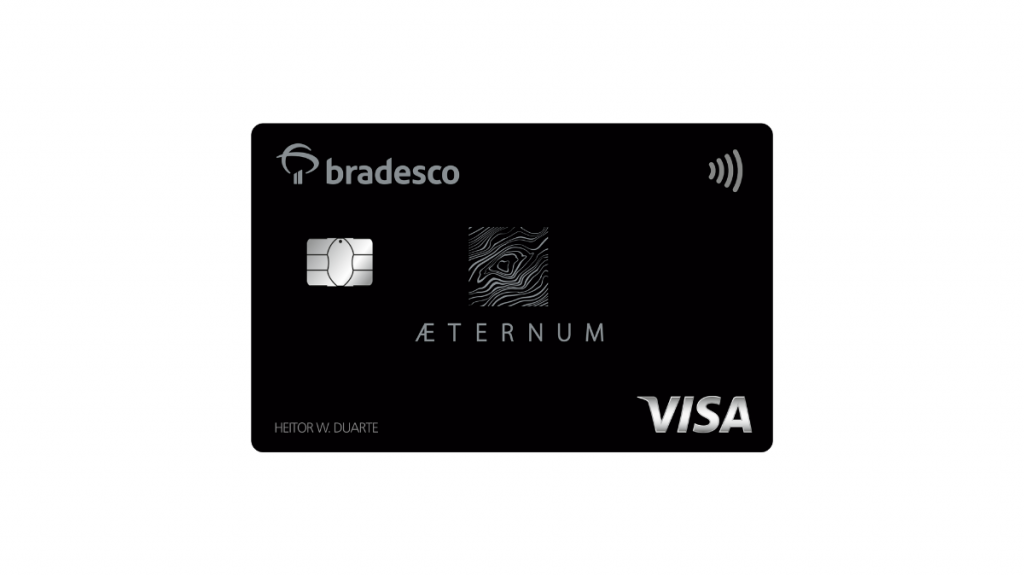Without category
Hairball: is licking and ingesting fur harmful?
Does your cat love to clean itself? Do you regularly vomit hairballs? Pay attention to the frequency! He may suffer from intestinal blockages.
Advertisement
Looking at a hairball can be agonizing, even cleaning it doesn't seem to be so pleasant after all. Just thinking about it coming out of your cat gives you chills.
However, it's a common problem in cats, especially those very fluffy, full of hair.
As common as it is, it's important to keep an eye out, as they can cause intestinal blockage, which can become a serious health issue for your little animal.

What is a hairball?
When a cat grooms itself and starts grooming without licking it all over, it is removing all the loose hair on its body.
Its tongue is rough, it has tiny structures that catch the loose and dead hairs of its coat and, consequently, are swallowed.
Most of these hairs pass through the entire gastrointestinal tract without any problems. But, from time to time, they can accumulate in the stomach, forming a hairball.
When this happens, the stomach outlet region is blocked. In this way, the food cannot be digested and is expelled through vomiting.
Your cat will vomit the hairball that has formed in the stomach, which could also be a mixture of hair and semi-digested food.

Long haired breeds are the most susceptible to hairballs. Also, cats that shed a lot of hair or compulsively groom themselves are more likely to suffer from hairballs, as they end up swallowing a lot of hair.
When does hairball become a serious problem?
Cats' intestines are primed to process hair, both their own and prey.
Therefore, it is not common to observe a high frequency of hairballs in a healthy cat.
In normal situations, all ingested hair should be eliminated in the stool.
However, in coat shedding seasons (spring and autumn) and in the case of furrier cats, it is common to expect the feline to orally eliminate up to one hairball per week.
If you notice an abnormal frequency of hairballs or the symptoms below, contact your trusted veterinarian, as these may indicate that your cat has a blockage that is threatening its health:
- Vomiting, choking, retching or coughing continuously and without producing a hairball;
- Lack of appetite;
- Apathy;
- Abdominal discomfort;
- Cold.
If your cat repeatedly shows any of these signs for more than 24 hours, take him to the specialist.
In addition to guidance, specific treatment may be required, such as surgical removal of these hairs.
How to prevent?
Cats are very clean animals, which have a habit of self-cleaning.
As mentioned earlier, this is a natural process of this species, so there is no way to completely prevent your pet from producing hairballs.
There are actions that owners can take to reduce the likelihood of having them or their frequency.
- Clean your cat frequently. The more hair you remove from your cat, the less hair he will swallow when he grooms himself, preventing buildup in his stomach. Brushing your pet frequently, in addition to helping it, can become a fun way to connect with it. Don't forget to perform frequent toses too.
- Provide adequate nutrients. It is already possible to find foods that help reduce hairballs. These are high-fiber formulas designed not only to improve the health of the coat, but also the health of the gut. They prevent the hair from not being properly digested.

- Use specific products or laxatives. There are several products available to help with hairballs. Most of which are mild laxatives that help the hairballs pass through the digestive tract.
- Be suspicious of excessive cleaning. If you notice that the hairballs are due to compulsive cleaning of your pet, try to entertain him with other things. Toys, exercises, among others, anything that encourages him to move and take his attention away from hygiene.
In summary, as much as a hairball is natural, its recurring presence can indicate that your cat is not healthy.
Pay attention to your cat's signals.
Any increase in frequency, look for your vet.
Trending Topics

Find out how to win a gift, sample and free shipping at Natura!
Did you know that Natura offers more than good products, it is possible to win free samples and free shipping at Natura. Find out how here!
Keep Reading
Famous cats in world cinema: meet 8 here!
It's common to have famous cats in the movies, after all, cats are a hit wherever they go! So, meet 8 amazing felines here!
Keep Reading
Urinary tract infection in neutered cats: learn how to identify!
Urinary tract infection in neutered and non-neutered cats is a very common disease, but there are ways to avoid it. Check more here!
Keep ReadingYou may also like

Get to know the Santander Unlimited Visa Infinite card and find out if it's worth it!
The Santander Unlimited Visa Infinite card is exclusively for Private and Select customers of Banco Santander. With incredible benefits, it can be an ideal product for anyone who travels or buys in foreign currency frequently.
Keep Reading
Trivago or Despegar: which is better for travelling?
Buying tourism services online can make the traveler's life much easier. So, check out here the main features of Trivago and Decolar agencies and see the pros and cons of becoming a customer before making your choice!
Keep Reading
Bradesco Aeternum Visa Infinite Card: Luxury and Convenience
With the Bradesco Aeternum Visa Infinite card, customers access VIP lounges at airports together with a companion. The card has a long list of benefits for you!
Keep Reading